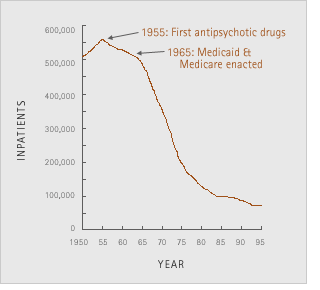Jeff Miller
Shaw 1988, NYIT 2009
Offline
I don't think it's the same thing here at all. And I take it you didn't bother to read the article.
oh I've ready many articles on the subject as i am forced to drive and walk back numerous homeless camps to and from work every day. You think these are poor people who never did anything wong that are just down on their luck and need a helping compassionate hand, nothing could be further from the truth.


